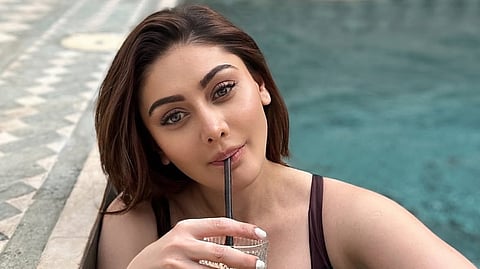
- LIFESTYLE
- FASHION
- FOOD
- ENTERTAINMENT
- EVENTS
- CULTURE
- VIDEOS
- WEB STORIES
- GALLERIES
- GADGETS
- CAR & BIKE
- SOCIETY
- TRAVEL
- NORTH EAST
- INDULGE CONNECT

The sudden passing of actress and former reality TV star Shefali Jariwala has triggered a wave of questions, both about her wellness routine and the broader risks associated with intravenous therapies. In a recent interview, close friend and fellow actor Pooja Ghai revealed that Shefali had taken a Vitamin C IV drip on the day of her death, a detail that has since sparked medical debate.
Pooja noted that Vitamin C drips have become commonplace, especially post-pandemic. “We all take Vitamin C. Some take tablets, others opt for IVs. She did take a drip that day, but it’s a normal thing,” she said. However, she also confirmed that authorities had summoned the practitioner who administered the drip as part of the ongoing investigation.
While the exact cause of death is still under review, the incident has raised red flags among healthcare professionals who warn against taking medications—or receiving injectable treatments—on an empty stomach. Medical experts explain that without food as a buffer, drugs can enter the bloodstream too quickly, potentially triggering adverse reactions. The issue becomes more serious when multiple medications or therapies are combined—a practice called polypharmacy.
Although certain drugs are designed to be taken without food—like thyroid medication or some antibiotics—most others, especially supplements or infusions, require careful supervision and timing. Food slows absorption and helps stabilise the body’s response. Doctors stress the need for professional guidance, especially when undergoing cosmetic treatments or fasting. Wellness trends may be fashionable, but they aren’t without risks.
For more updates, join/follow our WhatsApp, Telegram and YouTube channels.